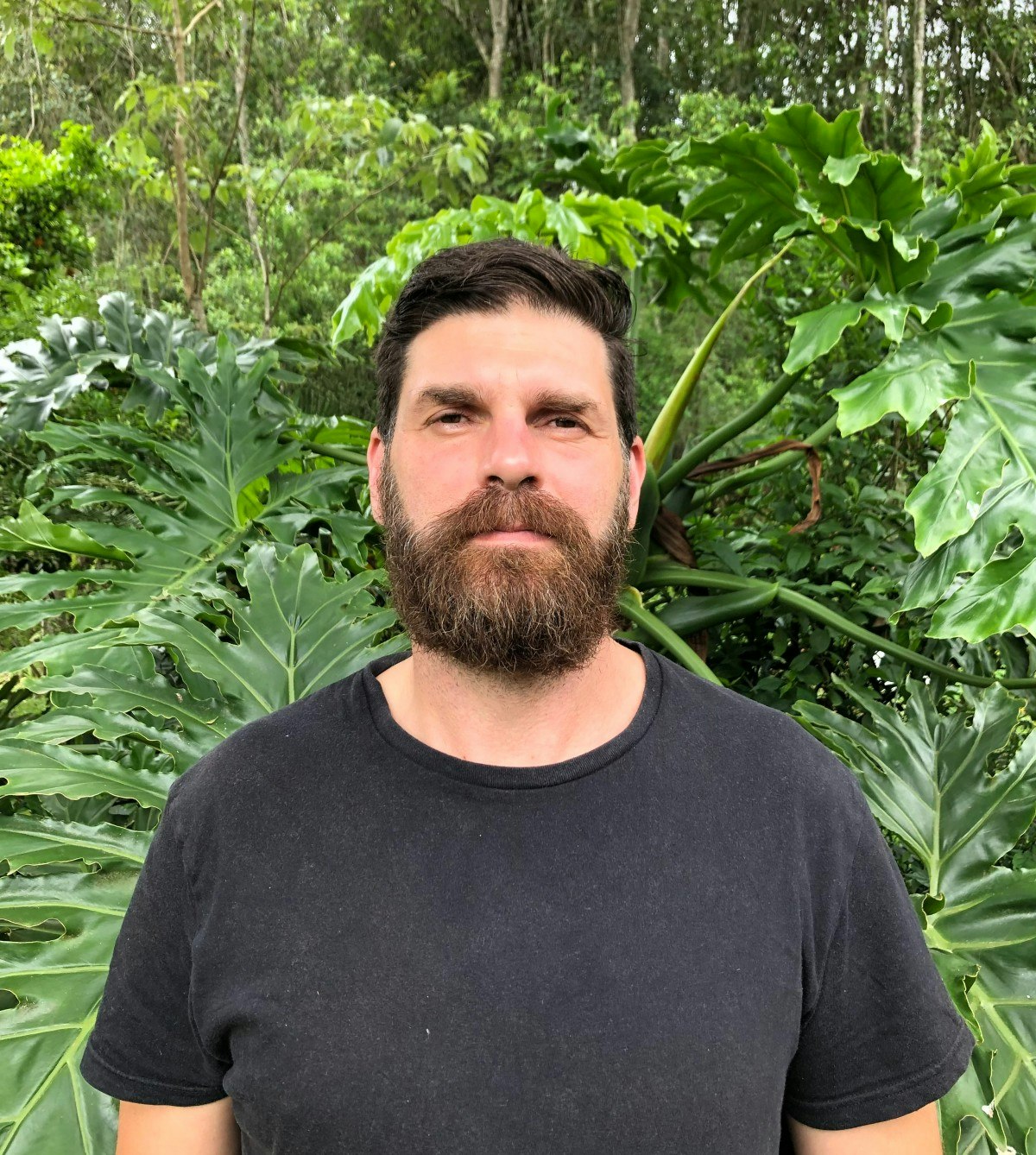There are hundreds of rare and threatened plants in the Araucaria Forest, many of which are embedded in the history of local and regional communities’ food, crafts and culture. With high deforestation rates rampaging the country, restoration efforts which integrate a diversity of tree species are essential in preventing biodiversity loss and mitigating climate change.
RARE AND THREATENED
The Araucaria Forest in southern Brazil is one of the world’s most degraded and endangered ecosystems. Part of the Atlantic Forest region and covering three states, it is estimated that less than 1% of its primary forests remain today. Seen predominantly as a source of economic gain, just 60,000 ha of advanced secondary forests remain in small fragments, scattered among cattle farms, monoculture plantations and continual urban expansion, putting the ecosystem’s plant species under threat as rates of deforestation accelerate.
GENETIC BOTTLENECK
While forest restoration activities exist, most do not capture the diversity and endemism of plant species essential for the region’s recovery. Nurseries normally produce a small selection of species, with almost none that are rare or threatened. Simultaneously, sites left for natural regeneration lack a diversity of plants. Pablo’s team at Sociedade Chauá seek to change this. Their nursery holds more than 215 species – 80 of them are rare or threatened – to restore dwindling wild populations setting them apart.
RESTORING PLANTS AND CULTURE
Working across private properties and state and federal protected areas, Pablo and his team will map wild tree populations and collect seeds from “mother trees” in more than 40 sites. Using these he will produce over 60,000 seedlings of native species for reintroduction into 20 sites. He will collate scientific information, sharing best practices on how to increase species richness and diversity in seedling production with other budding institutions. This work will contribute to restoring an extremely threatened ecosystem that not only benefits wildlife but mitigates climate change, and will preserve people’s connection to their land.
Pablo and his team will:
- Produce seedlings of wide-ranging and threatened plant species that are genetically diverse to supply to key stakeholders for replanting
- Distribute 60,000 seedlings to 20 reforestation sites, working with NGO partners and nurseries
- Engage farmers and landowners in habitat restoration activities, rebuilding diverse forest from the ground up, to support wildlife and sequester carbon
- Branch out to reach 10,000 people through awareness raising campaigns and reconnect them with the forest
Top Facts:
- Sociedade Chauá nursery now covers more than 80% of the known tree species in the Araucaria Forest, making it the most diverse Araucaria’s nursery in the world
- Diverse tree planting schemes are estimated to sequester up to 40 times more carbon than temporary monoculture plantations such as soy and corn.
- Pablo and his team have built capacity among over 1,000 people through seminars, workshops, and technical visits to the Chauá nursery
“Hope is my favourite feeling. Hope brings resilience, resistance and makes us work towards a better world. Of course, there is hope.” Pablo Hoffmann



